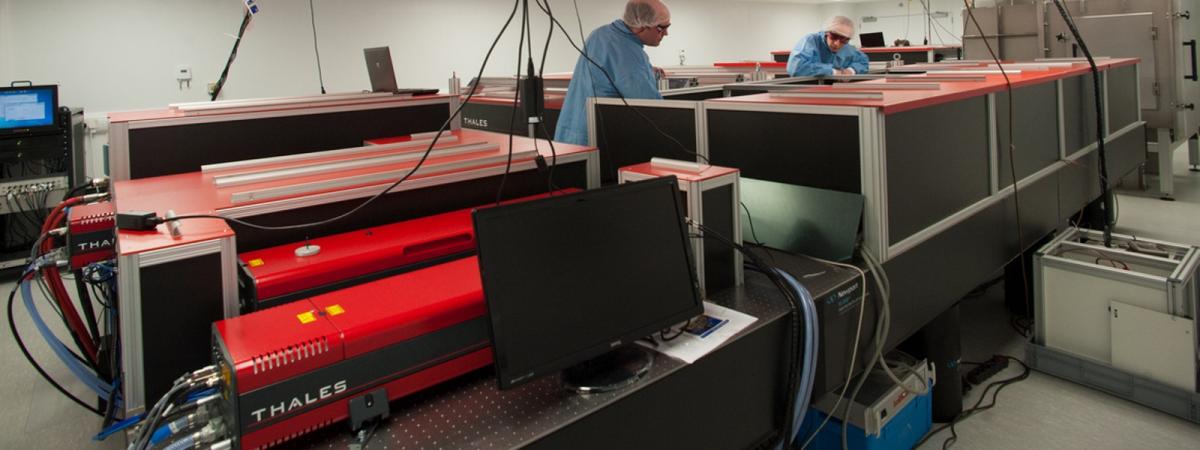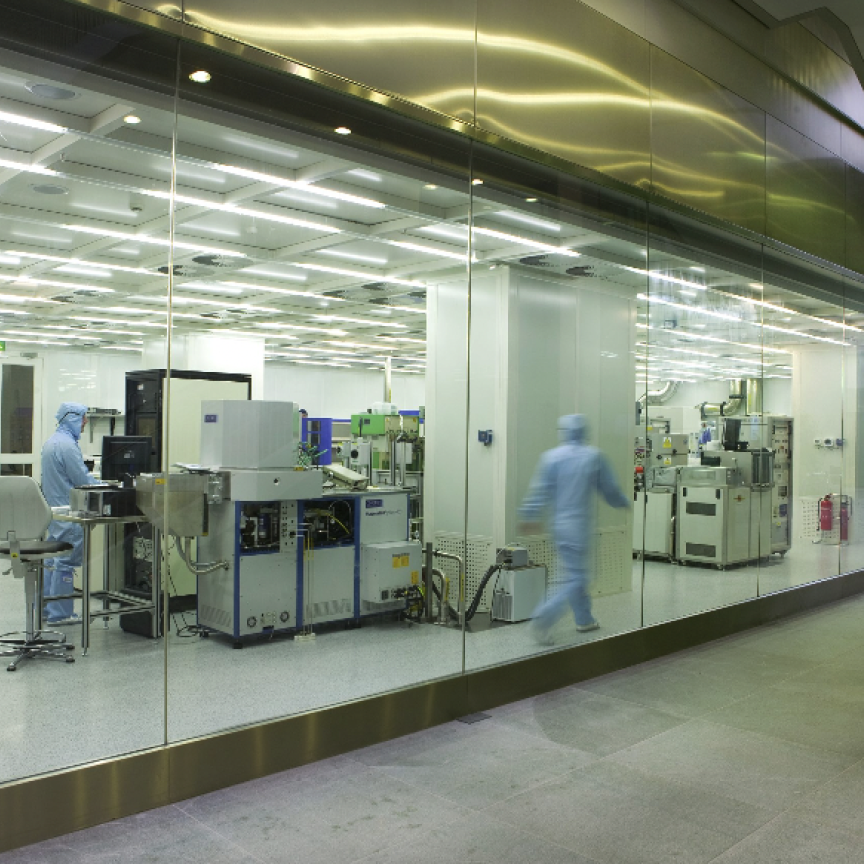An extremely powerful laser – one of the most powerful in the world – has been acquired by the University of Strathclyde in Glasgow, Scotland. The £3.5 million device is capable of producing bursts of light with peak powers equivalent to 20 times the power consumption of Earth. The laser has numerous scientific applications including medical imaging, radiotherapy and the generation of radioisotopes for imaging and cancer therapy.

The laser is capable of producing bursts of light with peak powers equivalent to 20 times the power consumption of Earth. Credit: University of Strathclyde
The laser, designed and built by UK technology firm Thales, is able to produce peak powers with repetition rates higher than any laser currently operational in a university laboratory, the laser can briefly recreate the pressures and temperatures found in stars. It is situated at the Strathclyde-based Scottish Centre for the Application of Plasma-based Accelerators (SCAPA), which delivers research into next-generation accelerators and radiation technology.
Dr Gregor Welsh, a research fellow in Strathclyde’s department of physics and laser manager of SCAPA, said: ‘This is a world-leading laser for any university – indeed, we believe it is the highest average powered lab-based laser of its type anywhere in the world. It acts as a light source which drives the applications and produces x-ray pulses that are short enough to take snapshots of molecular or solid state processes.’
Professor Dino Jaroszynski, director of SCAPA, added: ‘Its important applications underline Strathclyde’s international reputation for research with impact. It also forms part of a valuable training facility for PhD students.’
The laser has a peak power of 350 terawatts – equivalent to twenty times the world’s power consumption, or the sun’s power reaching the earth over an area of 500km2 for 25 femtoseconds.
The laser has been funded by Strathclyde and by the Scottish Universities Physics Alliance (SUPA), a partnership involving Strathclyde committed to sharing resource, strategic planning and expertise in physics research.
A €4 million, five-terawatt laser was also recently developed for the Extreme Light Infrastructure project by a consortium led by Ekspla and Light Conversion, two Lithuanian companies based in Vilnius.

